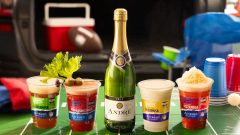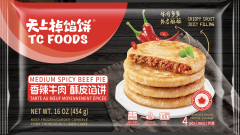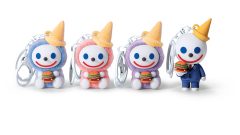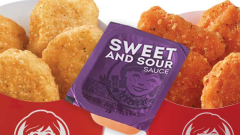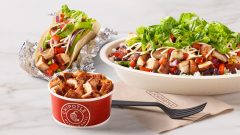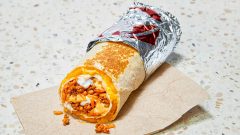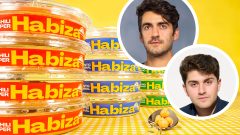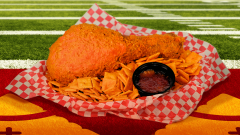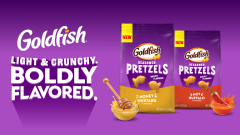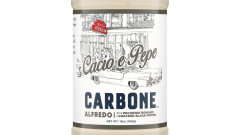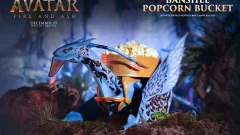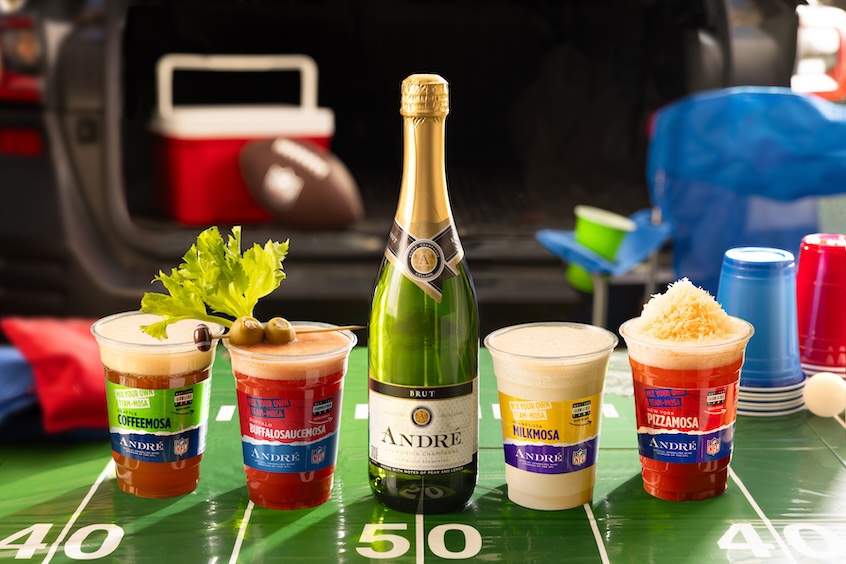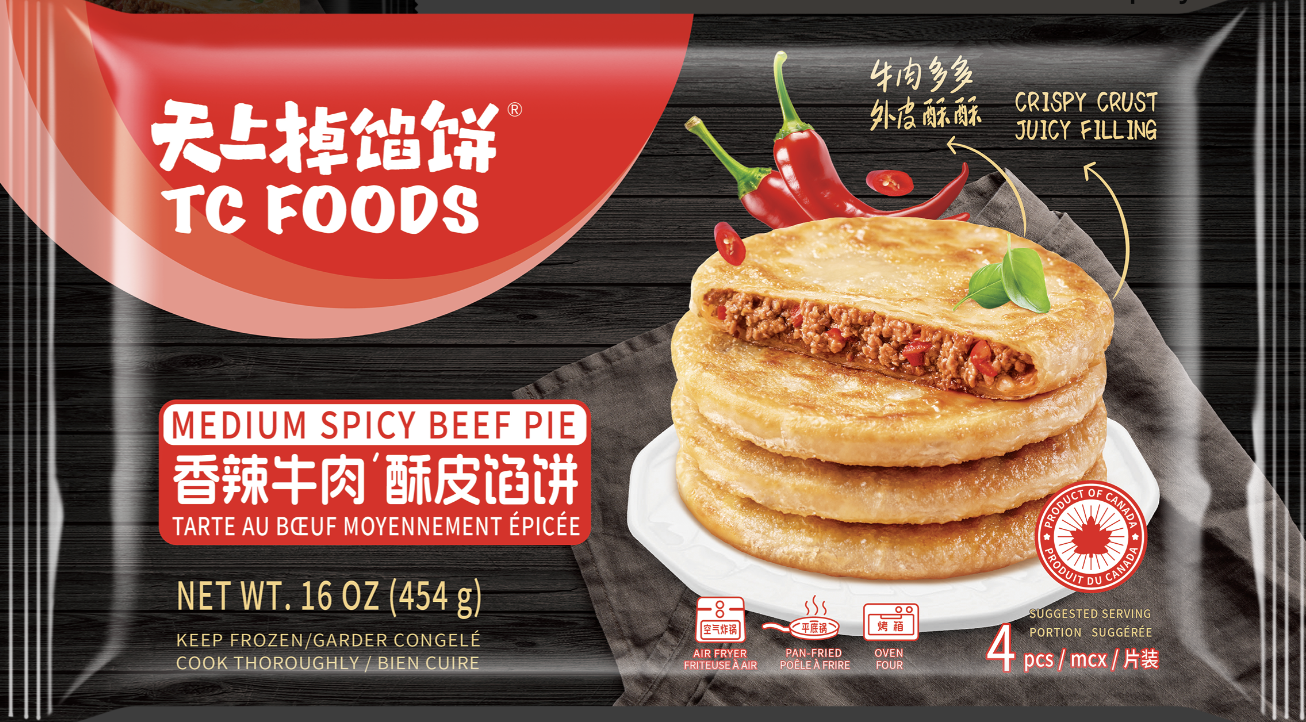Why Caviar Might Become The Next Big Sports Supplement
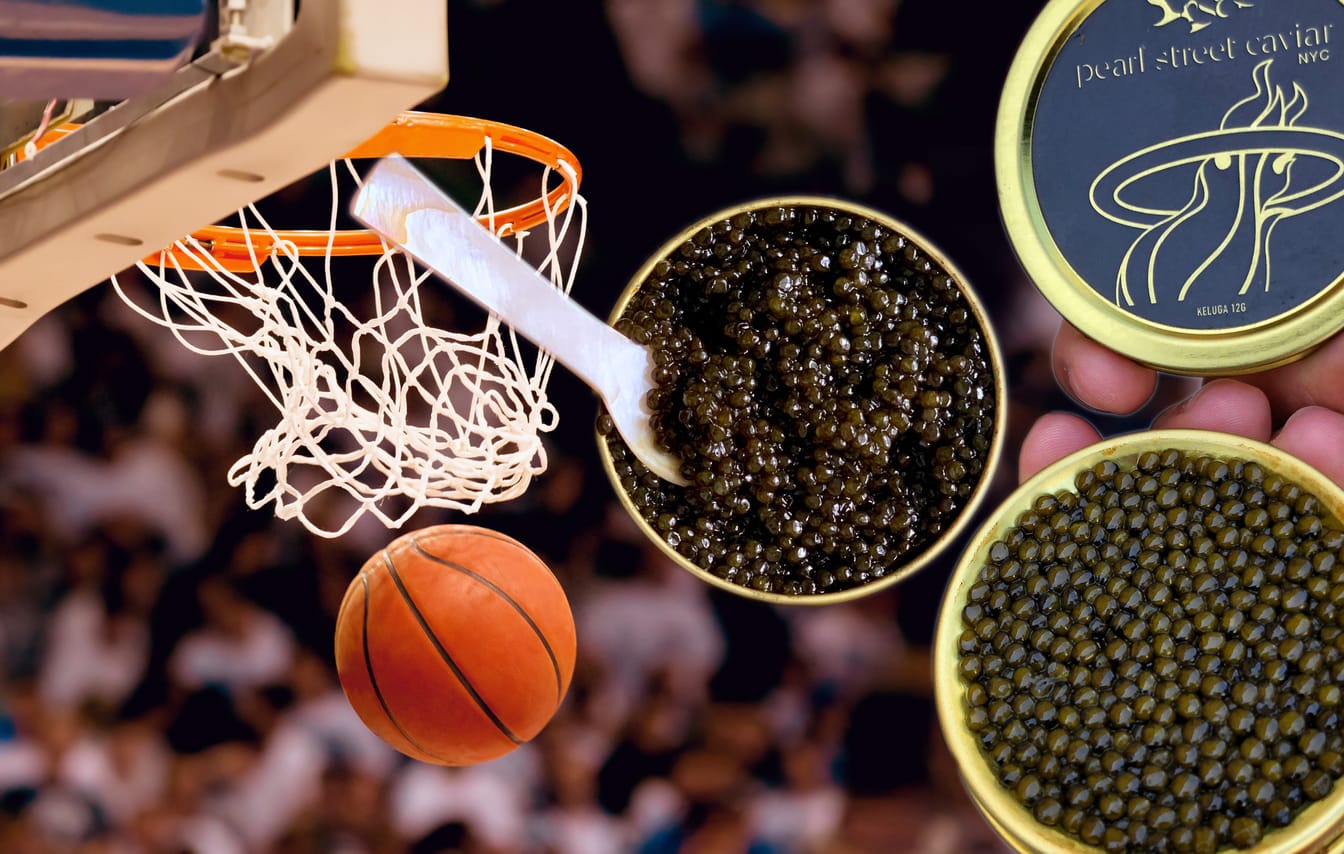
Aspiring athletes are always looking for that next big health food to give them the competitive edge. Right now, especially in the NBA, that happens to be plant-based meats, with big names like Damian Lillard, Kyrie Irving, and more jumping onto that movement.
While a vegan product is taking up the athletic spotlight right now, one item is gaining some traction and the possibility of being the next nutrition craze: caviar. The fish eggs, more widely known as a delicacy, just recently got selected to be part of an NBA Labs project. Tins of Brooklyn-based Pearl Street Caviar can now be purchased with logos of various basketball teams on them, signifying a co-signage between the basketball community and the consumption of caviar.
 Photo courtesy of Pearl Street Caviar
Photo courtesy of Pearl Street Caviar
This is the latest, but not the most recent, example of caviar and sports associations teaming up. In 2015, the Swiss Katusha cycling team got brand Caviar de Riofrio to sponsor them, which included supplementing the athletes with tins of the fish eggs.
Look, I know how crazy that sounds. Caviar is a luxury good rarely seen outside of fine dining, right? What are NBA players, or athletes in general, going to do with such an expensive, tiny scoop of fish eggs?
There’s actually quite a bit of potential for what anyone can do, as the narrative around caviar is beginning to change. As caviar has increased in production volume while maintaining a high quality, its price has begun to drastically drop, to the point where even the NBA was confident enough to put out tins of the luxury good with team logos emblazoned on it. Given all of the nutritional properties caviar possesses and its potential to drastically increase in accessibility, it could very well be a food that we all begin to eat as part of our active lifestyles.
The ultimate #cycling food?
Katusha partners with Spanish Caviar producer for rider nutrition https://t.co/BU3XtfaetK pic.twitter.com/OAHOvRbxG8— road.cc (@roadcc) February 3, 2015
Caviar may just be regarded as an expensive, frivolous accompaniment, but it actually comes packed with a ton of nutrients. Sarah Dimitratos, a registered dietitian and PhD candidate in nutritional biology at the University of California, Davis, told Foodbeast that in particular, caviar can match and even surpass sports drinks in certain scenarios.
“Caviar may be closer to sports drinks with regards to electrolyte profile,” Dimitratos said. “However, caviar will certainly surpass sports drinks with regards to overall micronutrient content. ”
A single ounce of caviar contains significant amounts of minerals like iron, magnesium, and calcium, according to the USDA’s Food Composition Database. It also contains nearly the entire recommended daily value of vitamin B12, one of the key nutrients we need in our diet. For reference, an ounce of caviar would be approximately 3 full scoops of caviar from one of those ornate, miniscule mother-of-pearl spoons they typically come delivered with.
That’s not a lot of caviar, but it still has 7 grams of protein packed within it, which is surprising given how small a portion is. You would definitely need a larger tin to get to the equivalent of a scoop of protein powder, which may not be possible given the whopping amount of sodium you’d ingest (420 mg per ounce). However, when treated as a complementary recovery item, like a sports drink, it could act as a more natural and bio-available substitute.
Dimitratos doesn’t recommend using caviar as a protein supplement, however, seeing as you need 3 servings worth (and nearly a day’s worth of sodium) to get the equivalent of a meal or snack. “It is generally recommended that active individuals consume meals or snacks containing 20-30g protein, spaced every 3-5 hours throughout the day to maximally stimulate muscle protein synthesis,” she stated.
Thus, while it may not make sense to replace your protein powder with caviar, it can be something you could consider instead of a sports beverage mix. Dimitratos implied that it could be more beneficial, since “obtaining nutrients from whole food sources (like caviar) is generally regarded as best practice due to enhanced bioavailability.”
You can say au revoir to expensive caviar because China is flooding the market https://t.co/I1rr5hZHpG
— The Wall Street Journal (@WSJ) March 19, 2019
Of course, despite all of the potential nutritional benefits caviar contains, there’s still the big question surrounding its cost. To properly be designated as caviar, the fish eggs should come from sturgeon. Based on the sturgeon’s location and breed, caviar’s price normally falls around $50-$75 an ounce at minimum.
While that may have been the case in the past, an increase of production in China has drastically affected costs. China’s takeover of the caviar industry has sent prices plummeting in the US, despite a 25 percent tariff implemented earlier this year. According to the Washington Post, the wholesale price of caviar has plummeted 13 percent in the past year, and 50 percent over the past 5 years. At a current price of $350,000 a ton, getting caviar from China has allowed the price to significantly drop. The Pearl Street Caviar x NBA tins, for example, costs $25 for a 12-gram tin of Siberian Select, which comes out to just under an ounce.
Why is so much caviar coming from China, you ask? The country’s sturgeon farmers can produce caviar at a higher, more consistent quality than most places here in the US, and at a higher capacity to boot. Thus, everyone from Michelin-starred restaurants to Pearl Street is utilizing Chinese caviar, and can use it a lower cost to themselves, as well.  Photo courtesy of Pearl Street Caviar
Photo courtesy of Pearl Street Caviar
Caviar definitely has the nutritional profile and lowering cost to make it a more appealing workout nutritional aid. Historically, it hasn’t had much use, although USSR Olympic athletes were persuaded to eat caviar because of its protein content.
In today’s modern world, however, it’s not as common, even in the sports organizations that are starting to back the usage of caviar. Interviews Foodbeast conducted with multiple players in the NBA revealed that while it’s still used to show off at dinners and such, caviar hasn’t yet made it as a health food.
“I personally never heard of any basketball players eating it on the regular,” Orlando Magic guard D.J. Augustin told Foodbeast. “Maybe a few international players here and there!”
Indian Pacers center Myles Turner concurred with Augustin’s words, saying that “I personally don’t know a lot of players who use it as a dietary thing. I personally like it a lot! Most of the time when guys are at fancy dinner they’ll try it just to say they have, but it’s grown on me over the years.”
While it hasn’t seemed to have broken a ton of ground in the NBA, that doesn’t mean the potential for caviar to make it as health food doesn’t exist. However, if patterns in price slashes continue, the electrolyte and micronutrient profiles of caviar could make it convincing enough for professional athletes in the US to incorporate it into their diets. If that pattern begins to grow, caviar could become the next big nutritional supplement in the athletic community.



